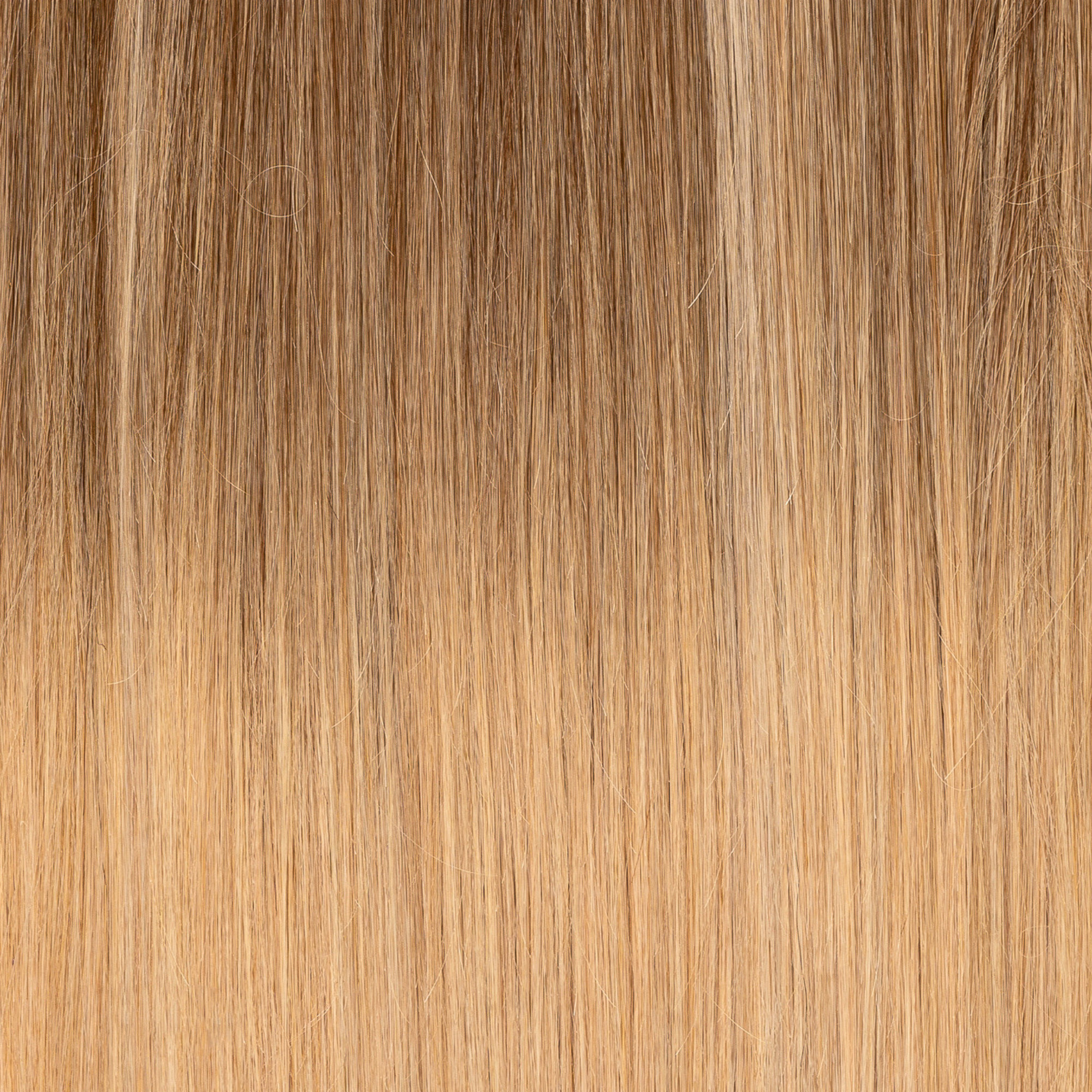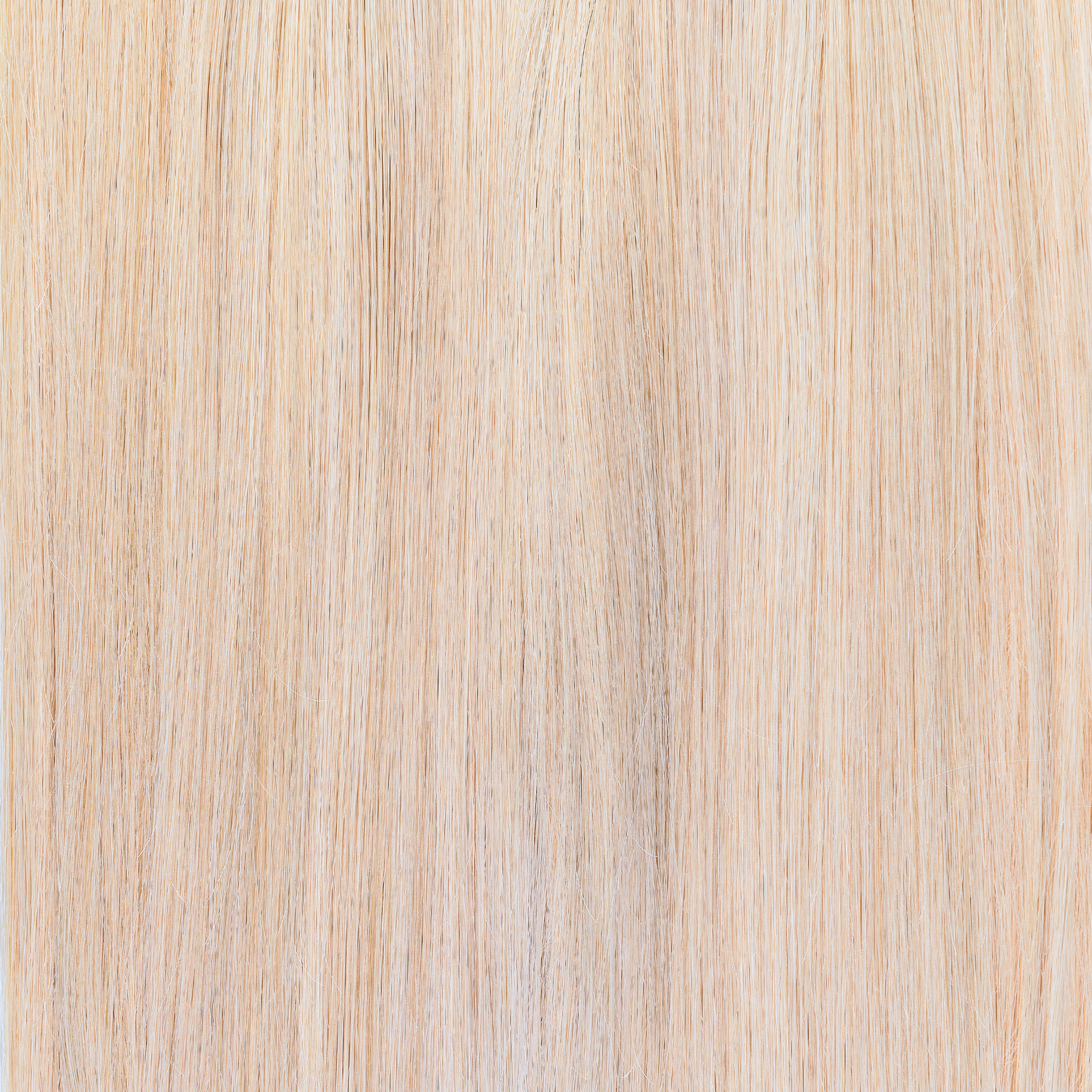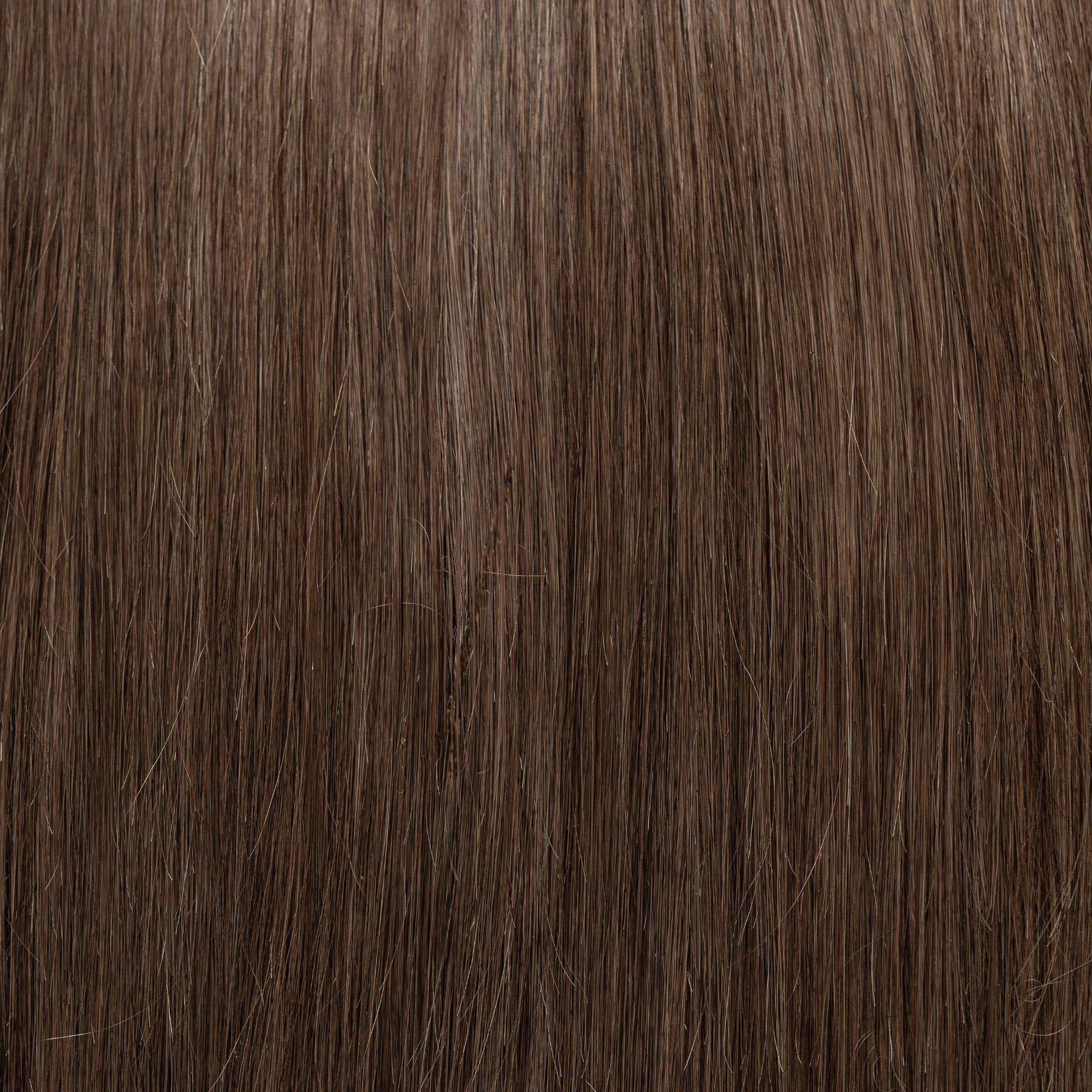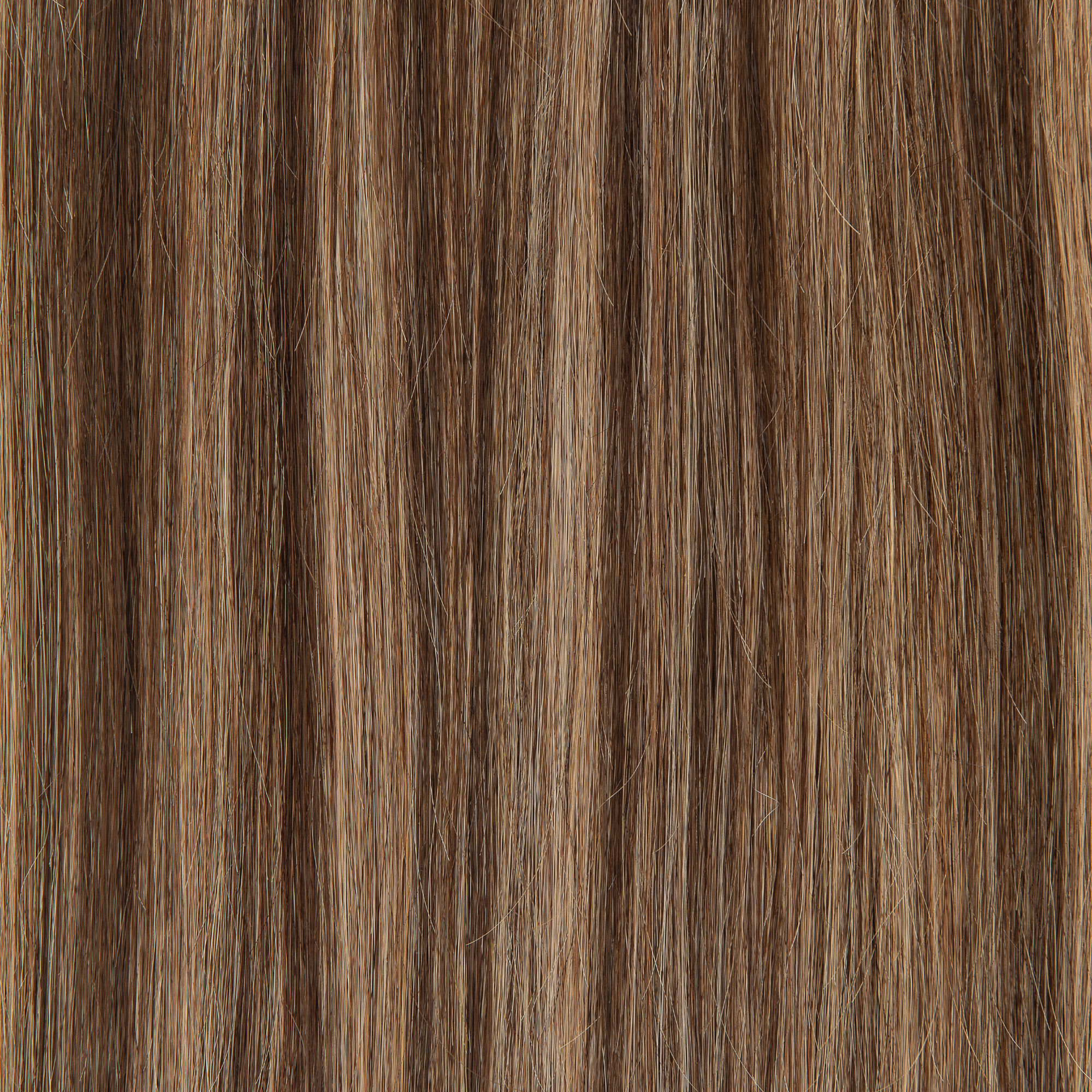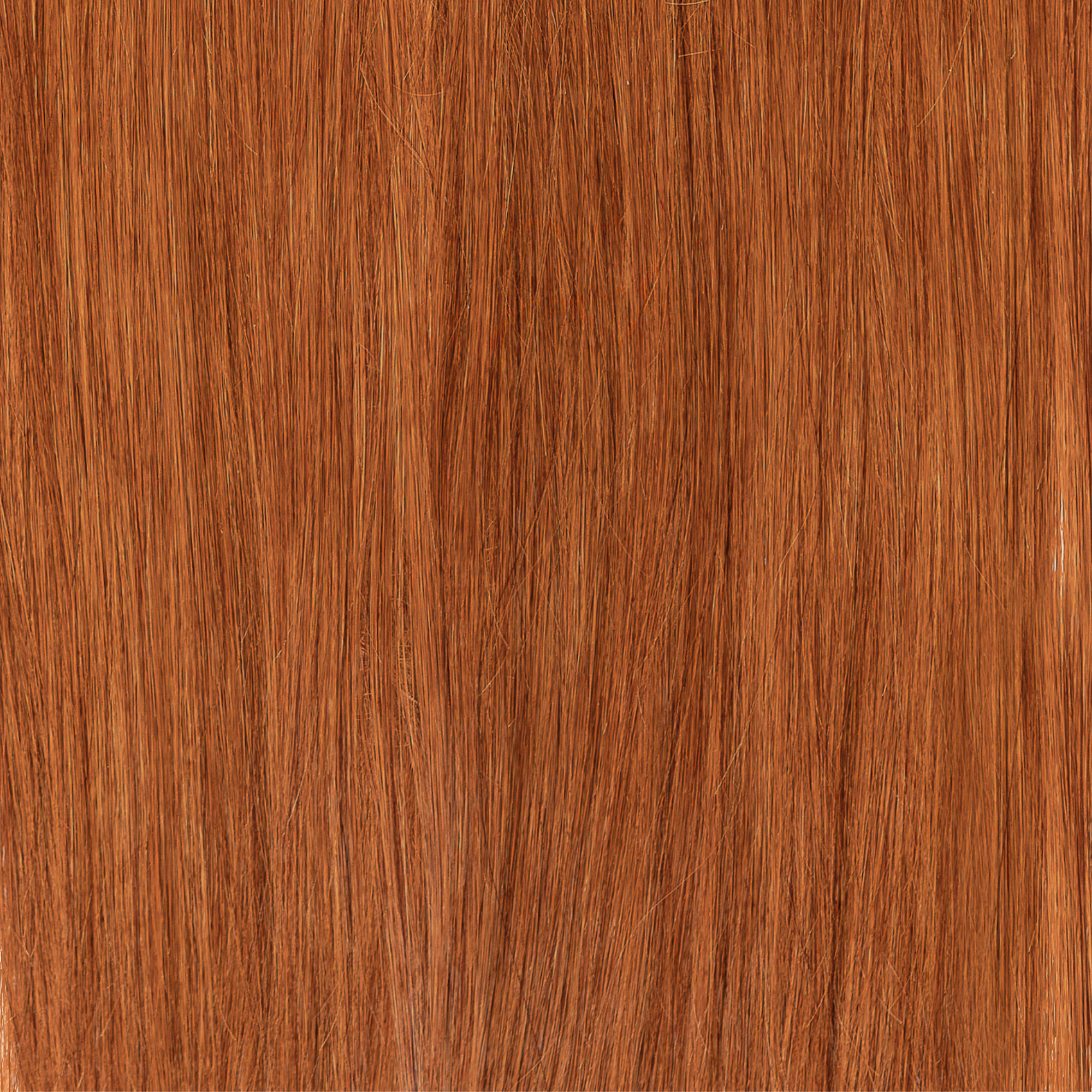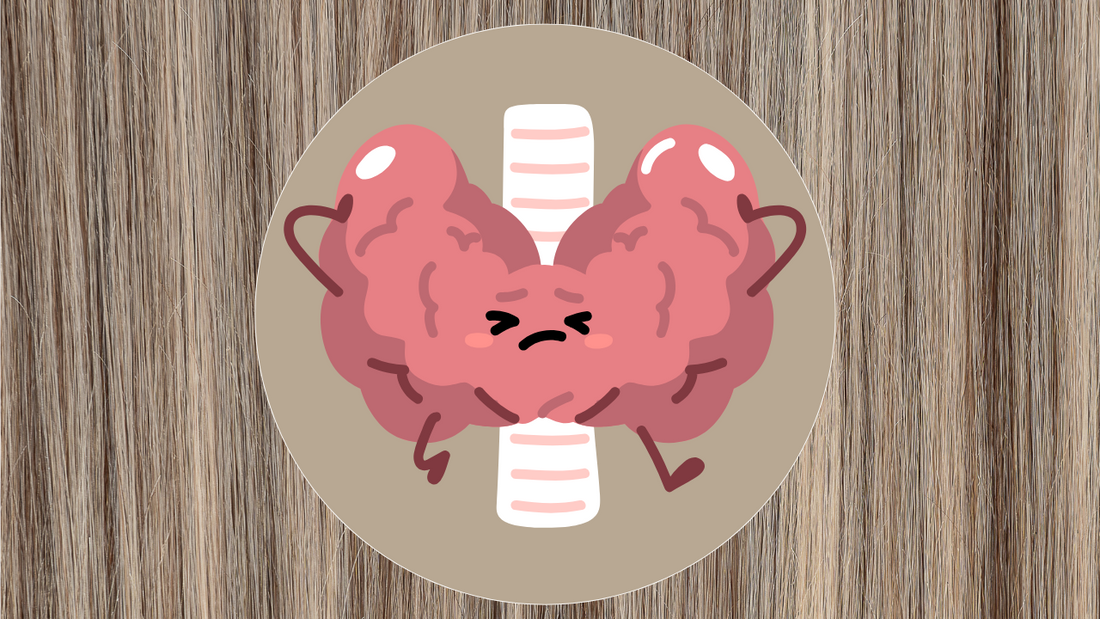
Thyroid Imbalances and Hair Loss: Identifying and Addressing the Root Cause
- Irene GilmanLosing hair can be incredibly frustrating—and when it’s happening without a clear reason, it can feel even more overwhelming. But what if the cause of your hair loss isn’t something as obvious as stress or genetics? What if it’s something internal, like thyroid gland hair loss? Your thyroid, a tiny butterfly-like shaped gland in your neck, serves a crucial function in regulating everything from metabolism to your hair growth. When it’s off balance, your hair can be one of the first places to show signs that something’s wrong. So, how can you tell if your thyroid is the culprit—and what can you do about it? Let’s break it down.
The Connection Between Thyroid and Hair Loss

Thyroid hormones control a lot of your body's systems, but one of their lesser-known jobs is regulating hair growth. When your thyroid isn’t producing enough (hypothyroidism) or too much (hyperthyroidism) of these hormones, it can throw your hair growth cycle out of whack and cause low tsh hair loss. For those dealing with hypothyroidism, often strands become dry, brittle, and thin. You might notice your hair feels a little lifeless or seems to shed more than usual. On the flip side, hyperthyroidism—when your thyroid produces too much hormone—can lead to thinning, loss, or even patches of baldness, especially around the temples or crown.
You’re definitely not alone in this. Celebrities like Gigi Hadid have opened up about their struggles with thyroid disease. Gigi revealed in an interview that she has been battling an autoimmune thyroid condition, which caused her strands to become noticeably thinner at times. Her experience sheds light on how even public figures can face thyroid-related hair loss and how important it is to address the underlying issue. So, yes—low thyroid levels and hair loss are definitely connected, and understanding this connection is key to getting your hair health back on track.
How to Tell if Your Thyroid is Causing Hair Loss

If you're wondering whether your thyroid is the cause of your thinning or shedding hair, the first thing to look for is more than just hair loss. Hair thinning due to thyroid issues is usually accompanied by a host of other symptoms. Fatigue is a major red flag—feeling constantly exhausted, even after a good night’s sleep, is common in both hypothyroidism (underactive thyroid) and hyperthyroidism (overactive thyroid). In addition, unexplained weight changes—whether it's sudden weight gain with hypothyroidism or unexplained weight loss with hyperthyroidism—could also signal a thyroid imbalance.
Dry skin, constipation, and cold intolerance are typical symptoms of hypothyroidism, while hyperthyroidism may bring on rapid heartbeat, sweating, nervousness, and even feelings of anxiety. For many people dealing with thyroid imbalances, these symptoms are often subtle and easy to overlook until they start stacking up. If you’re noticing changes in your energy levels, your mood, and your hair, it could be time to take a closer look.
A real-life example comes from a woman who shared her personal journey with postpartum female hair loss thyroid imbalance in an essay for Elle. After giving birth, she started noticing significant hair thinning, along with other telltale signs like extreme fatigue and unexplained weight gain. She wasn’t sure at first what was going on, but as her symptoms worsened, she discovered that postpartum thyroiditis—a condition in which the thyroid becomes inflamed after childbirth—was responsible. She explained how thyroid imbalances can make your hair fall out in clumps, cause your skin to become dry, and leave you feeling sluggish and unwell. This powerful testimony highlights how thyroid imbalances affect far more than just hair, disrupting your entire system.
It’s important to remember that hair loss alone isn’t enough to diagnose thyroid problems, but when these other symptoms appear alongside your thinning hair, it could indicate a deeper hormonal issue. The best course of action is to schedule a blood test with your doctor. Thyroid hormone levels are relatively easy to check with a blood test, and they can reveal whether an imbalance is responsible for your hair loss and other symptoms. Getting an accurate diagnosis is the first step toward treating the underlying cause and preventing further hair loss.
How to Stop Hair Loss from Thyroid Issues
Once you’ve identified that your thyroid might be behind your hair loss, the good news is that treating the root cause can often help restore your hair. Whether you’re dealing with an underactive thyroid (hypothyroidism) or an overactive thyroid (hyperthyroidism), addressing the imbalance is the key to stopping the shedding and regrowing your hair.
For those with hypothyroidism, the most common thyroid medicine for hair loss is a prescription for levothyroxine, a synthetic thyroid hormone. This medication helps normalize thyroid hormone levels, and as your thyroid functions better, your hair follicles can return to their natural growth cycle. Hair growth can be slow, but with proper treatment, you’ll likely start to see signs of improvement in a few months.
On the other hand, if you have hyperthyroidism, treatment usually involves medication to block the excess thyroid hormone, like armour, or more drastic options such as radioactive iodine or even surgery. This helps reduce thyroid hormone production and, over time, allows your hair to return to its natural state.
While getting your thyroid levels balanced is a priority, there are other things you can do to support your hair recovery. Minoxidil, a topical solution, is often recommended to help stimulate hair growth. Though it won’t address the thyroid imbalance directly, it can help encourage regrowth once your thyroid hormones are in check. Think of it as a backup support that works best after you’ve gotten the underlying condition under control.
Can Biotin Help Your Hair Regrowth?

Biotin is often called the go-to supplement for healthier hair, and for good reason—it plays a key role in strengthening hair and preventing breakage. If your thyroid issues have caused your hair to thin or become fragile, biotin can help improve the quality of the hair that does grow back. However, biotin is not a cure-all for thyroid-related hair loss.
While biotin can certainly support hair strength and texture, it won’t directly tackle the thyroid imbalance causing your hair to fall out. If your thyroid levels are off, focusing on getting those under control with medication is the most important step. Once your thyroid is functioning properly, adding biotin to your routine can give your hair the additional support it needs to regrow stronger and healthier.
Think of biotin as a complementary tool in your hair health arsenal. It’s best to use it alongside the treatments prescribed by your doctor, rather than relying on it as a sole solution.
Change Your Lifestyle to Support Thyroid Health

While medical treatment is essential to managing thyroid imbalances, lifestyle changes can play a significant role in supporting your thyroid and overall health. The thyroid is highly sensitive to diet, stress, exercise, and sleep, so adjusting these areas of your life can help you manage your condition more effectively—and improve the health of your hair.
Start with your diet. Iodine, selenium, and zinc are essential for thyroid health, so adding foods like seafood, Brazil nuts, and eggs to your meals can help support your thyroid. On the flip side, try to limit goitrogens—foods like broccoli, cabbage, and kale—especially when eaten in large quantities, as they can interfere with thyroid function.
In addition to eating a thyroid-friendly diet, making stress management a priority is crucial. Studies have shown that stress can worsen thyroid conditions and even trigger flare-ups. Practices like yoga, meditation, and deep breathing exercises can help reduce stress and keep your thyroid—and your hair—healthy. After all, when you’re calm and balanced, your body has a better chance of functioning optimally.
Regular exercise also helps support thyroid function by promoting a healthy metabolism and reducing inflammation. Just be sure not to overdo it—intense physical stress can sometimes exacerbate thyroid issues. Aim for moderate, consistent activity to keep your body in balance.
Lastly, don’t underestimate the power of good sleep. Getting 7-8 hours of rest each night helps your body repair and regenerate, including supporting your thyroid function. Lack of sleep can contribute to thyroid imbalances and hair thinning, so make rest a priority.
Should I See a Doctor to Discuss My Hair Loss?

If you’re experiencing significant loss and suspect your thyroid might be the cause, yes, absolutely! Seeing a doctor is essential. Thinning alone isn’t enough to diagnose thyroid issues, but when combined with other symptoms like fatigue, unexplained weight changes, or dry skin, it’s time to take action.
Your doctor will likely recommend a blood test to check your thyroid hormone levels. This simple test can reveal whether you have hypothyroidism (underactive thyroid) or hyperthyroidism (overactive thyroid), and it will provide a clear picture of what’s going on in your body. It’s important not to wait too long to get checked, as untreated thyroid issues can lead to complications that go beyond hair loss.
Thyroid imbalances can affect your overall health, causing everything from mood changes to metabolism issues, so getting an accurate diagnosis and starting treatment as soon as possible is crucial. Early intervention can help prevent further hair loss and give your body the support it needs to heal. It's important to be aware that some treatments, such as armour thyroid side effects hair loss may happen.
Conclusion
Thyroid imbalances can be challenging, and dealing with loss as a result only adds to the frustration. But the good news is that once you identify the underlying cause and begin addressing it—whether through medical treatment, lifestyle changes, or stress management—your hair can begin to recover. With patience and the right approach, you can regain not just the health of your hair, but also your confidence.
However, hair regrowth can take time. If you're looking for an immediate solution to give you some volume while you navigate thyroid hormone hair loss, treatment, and recovery, hair extensions are an excellent option. Salon-quality clip-in extensions, like those offered by Atelier Hair Extensions, can seamlessly add volume, length, and thickness to your hair. They're an easy and non-permanent way to restore the look of a full, healthy head of hair while your thyroid treatment works to get your hair back to its natural state.
Remember, your hair is just one part of your body, and managing thyroid health is about the bigger picture. Whether you’re healing from an imbalance or looking for a temporary solution, there are always ways to feel like yourself in the meantime, especially with our balayage extensions. And if you’re dealing with hair thinning or hair loss, don’t hesitate to talk to a doctor about your options—and consider hair extensions as a simple way to regain the full, beautiful hair you deserve.
